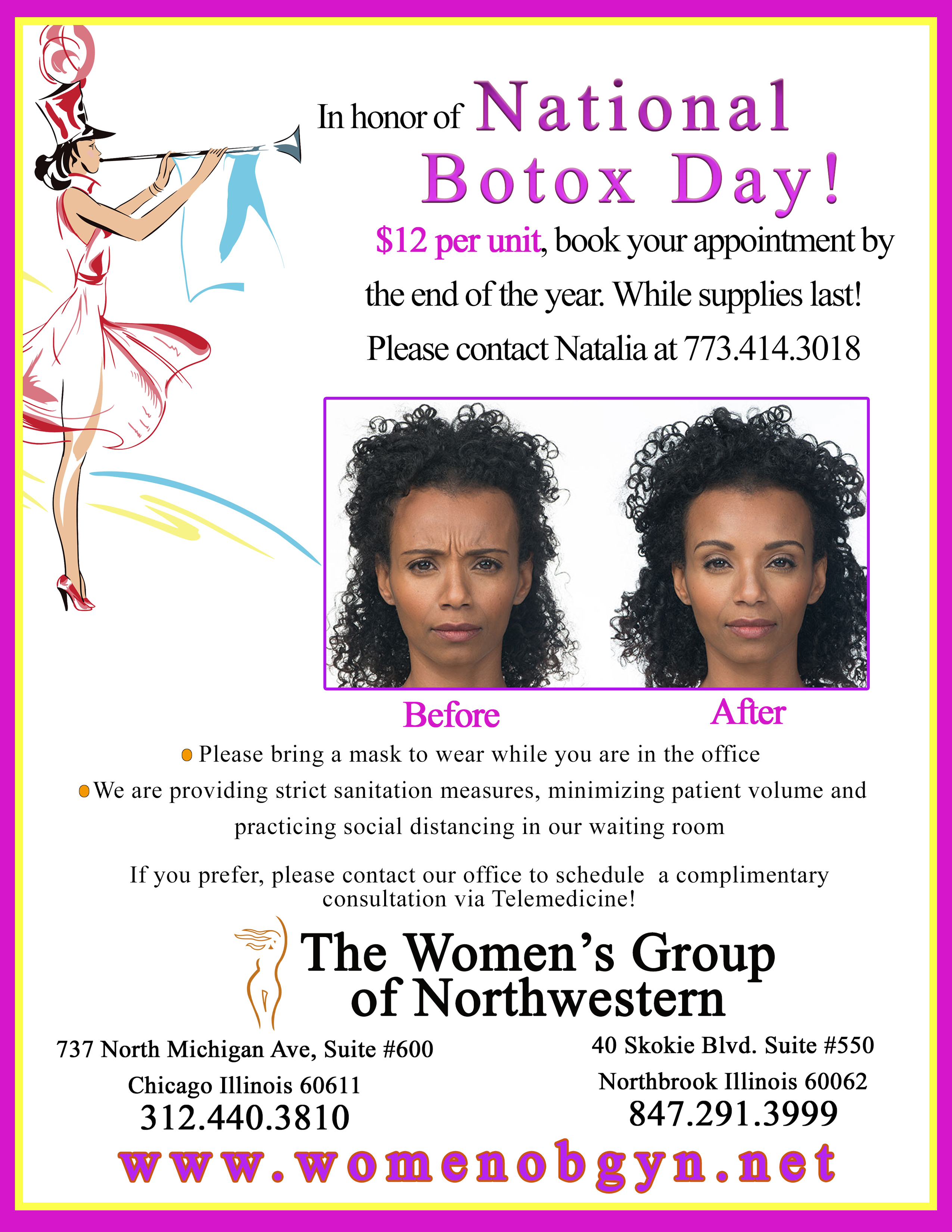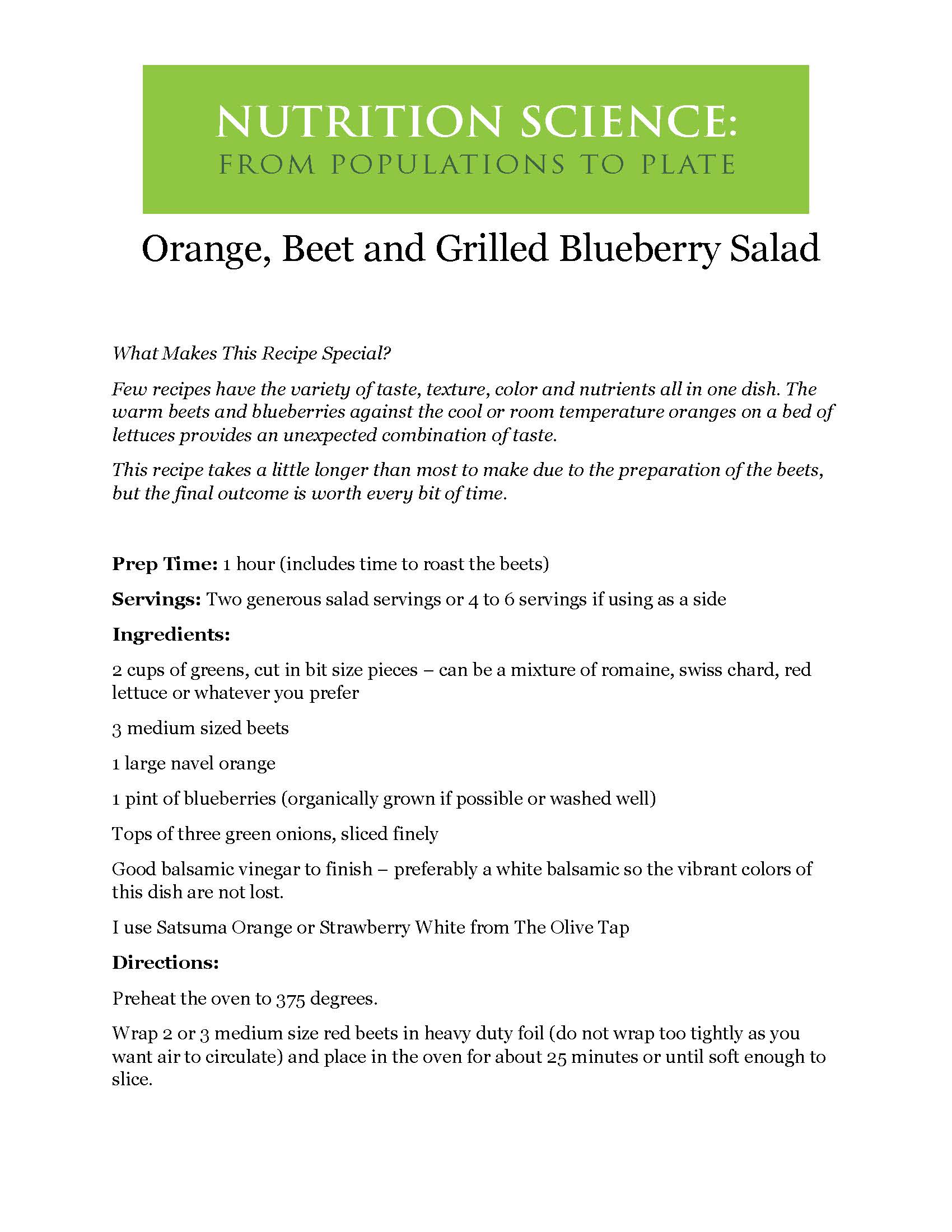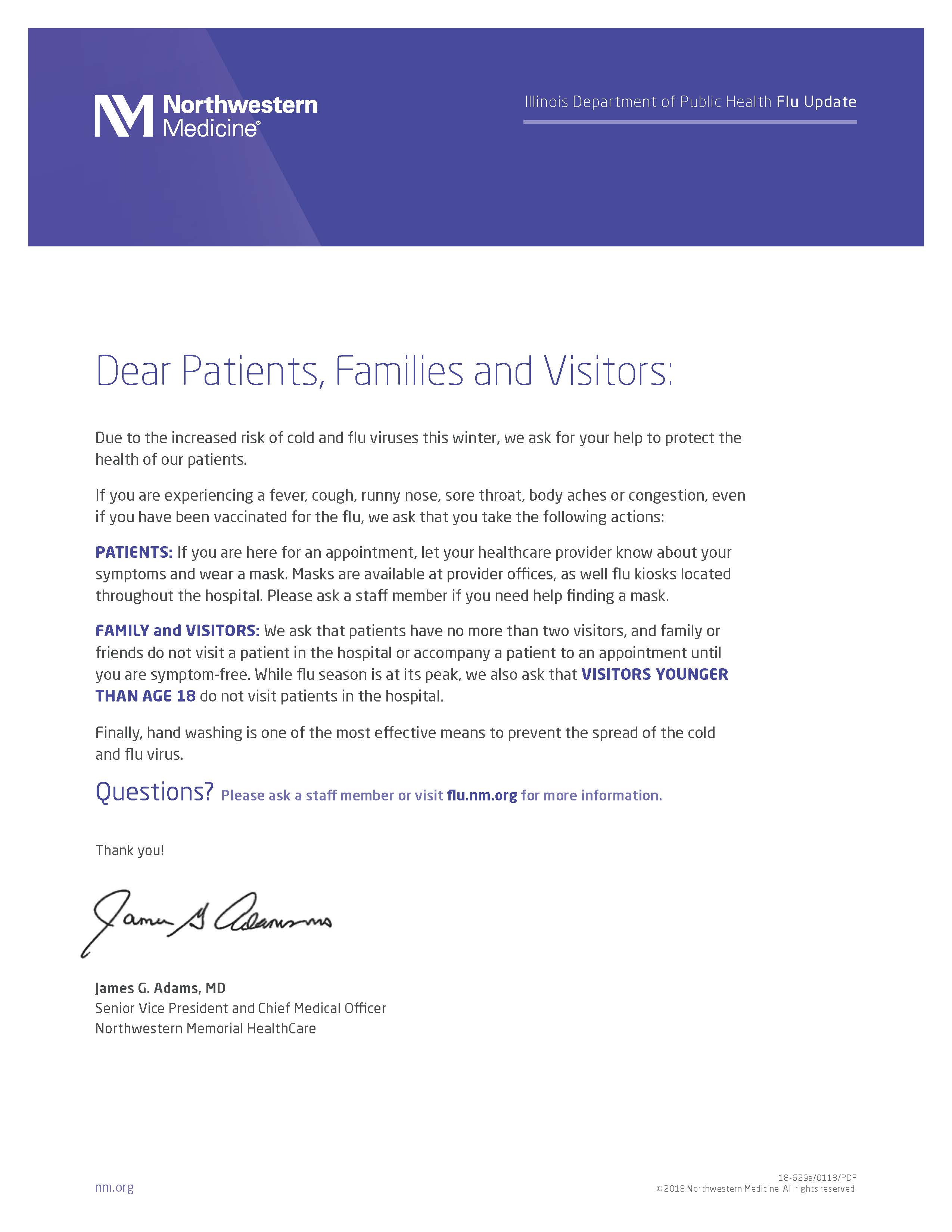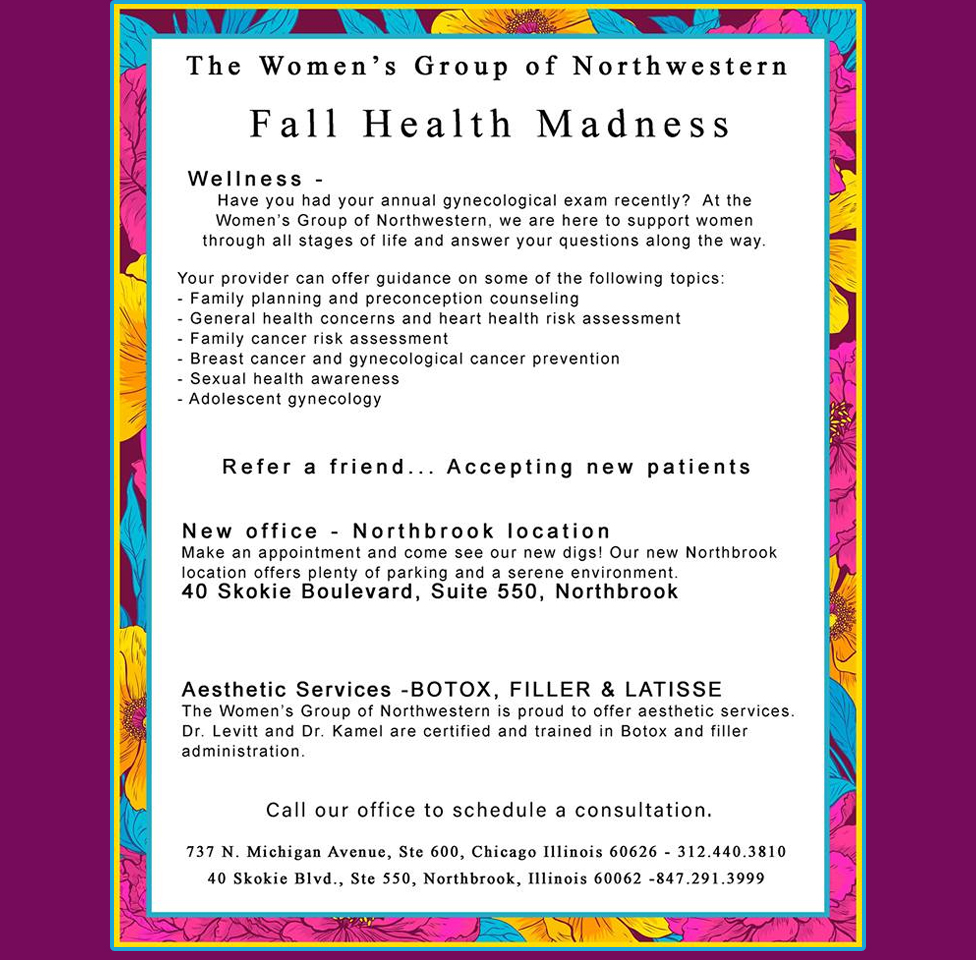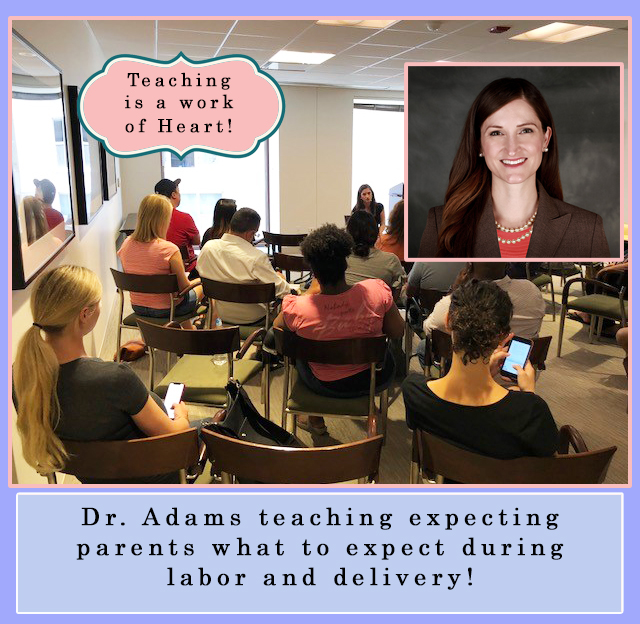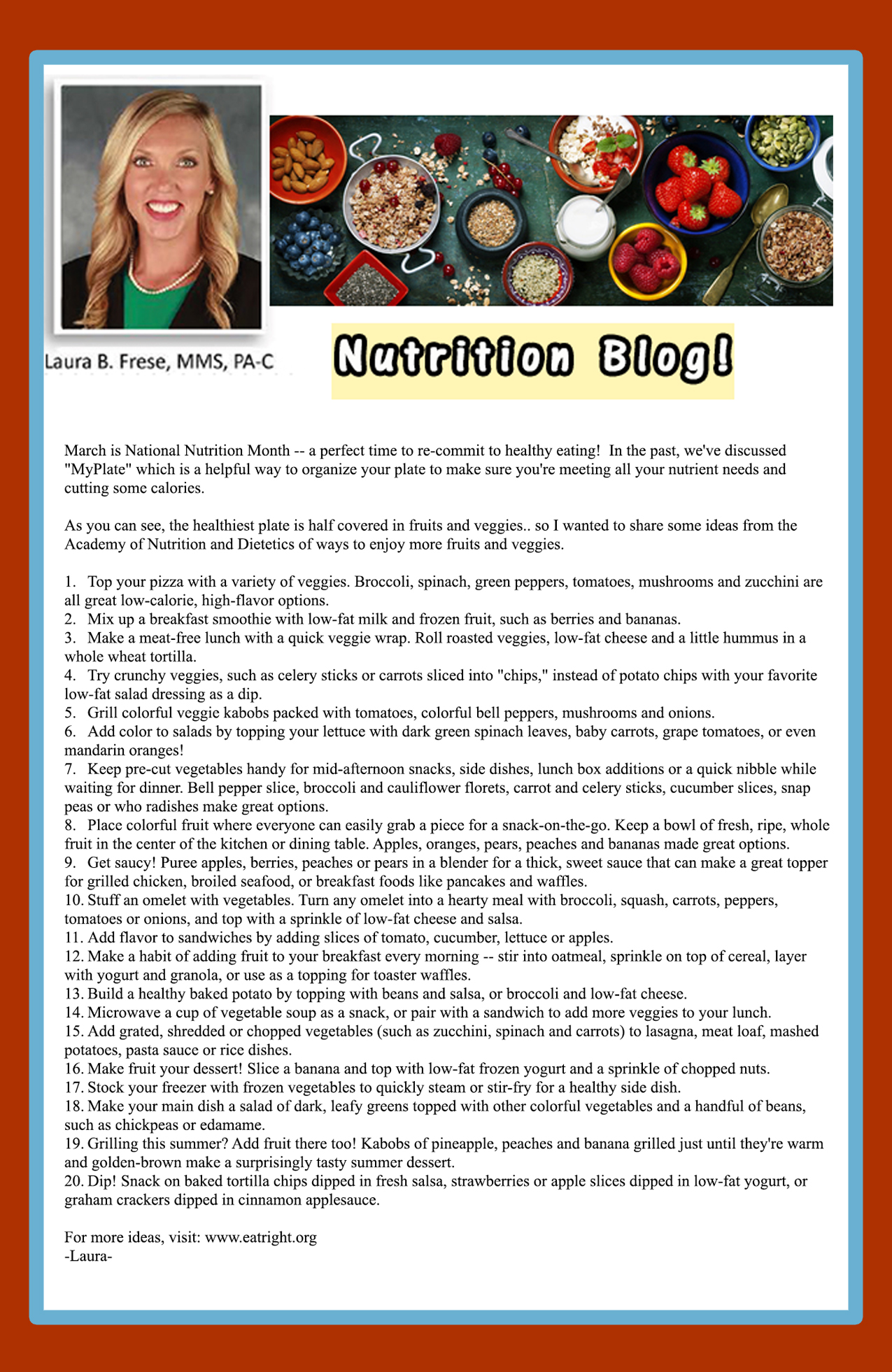

Best Hospitals for Maternity
U.S. News & World Report has begun collecting data from hospitals nationwide for its inaugural edition of Best Hospitals for Maternity, which will be published in the fall of 2021. Here is a link to the article. As you can see, our NMH-Prentice stands out among this distinguished group by demonstrating some of the top metrics.
As an Honor Roll hospital, NMH had been asked to participate in the pilot survey, and submitted data on four measures:
- Cesarean birth rate in low-risk women
- Rate of exclusive breast milk feeding
- Unexpected complications rate in term newborns
- Support vaginal birth after Cesarean (yes/no)
Prenatal Classes
We are excited to announce The Women’s Group of Northwestern will now be offering Preconception, Breast feeding and Prenatal classes!
Ask your provider about our new prenatal classes:
“What to expect before you’re expecting”, “Make room for baby!” and “A mother’s guide to breastfeeding!”
“What to expect before you’re expecting” will cover topics such as nutrition for fertility, why preparing for pregnancy matters, lifestyle factors to optimize fertility, monitoring your cycle, ovulation and much more…
Our Prenatal Class covers topics such as Pregnancy & Basic Nutrition, Labor & Delivery, Postpartum Care & Breastfeeding and Newborn Care.
Our Breastfeeding class covers, why breast milk is best, production of breast milk, skin to skin, latching and so much more… Classes are offered in the evenings and on some Saturdays. Ask our receptionist for more information
Call our office at 312.440.3810 to register.
We hope that you will be able attend. We look forward to seeing you at your next visit.
Our very own Dr. Julie Levitt contributed to this article on “Understanding the different types of emergency contraception and how to choose which is best for you” with INSIDER . com – Click on the link to learn more https://www.insider.com/types-of-emergency-contraception-how-to-choose#birth-control-pills-(yuzpe-regimen)
March is Colorectal Cancer Awareness Month! For more information visit: https://www.cancer.org/…/detec…/acs-recommendations.html
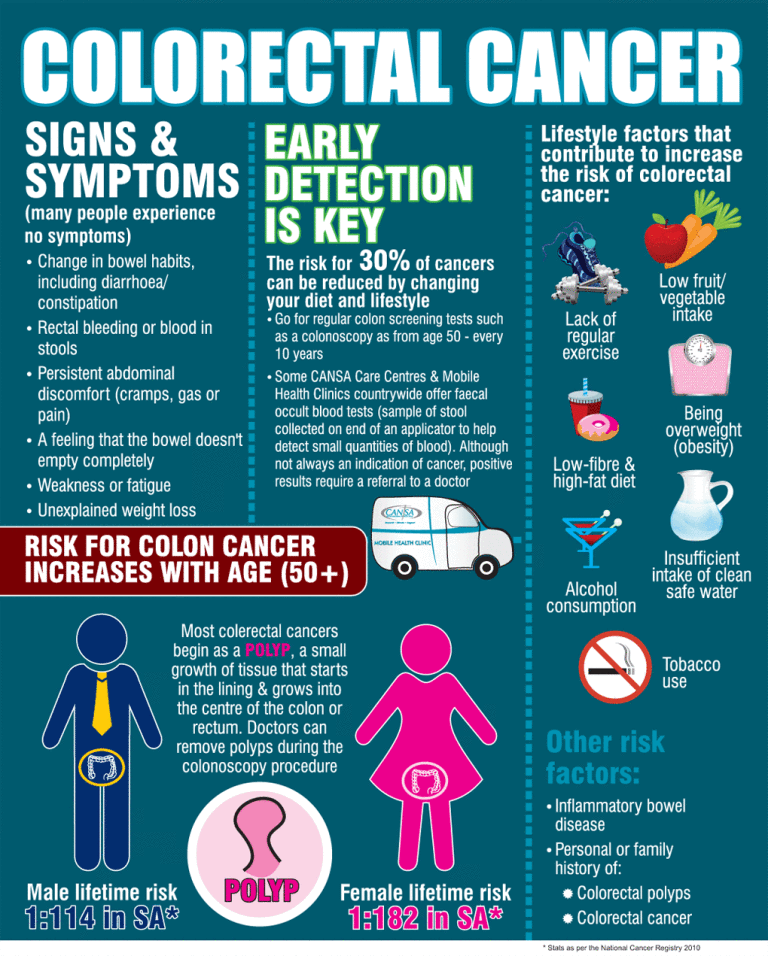
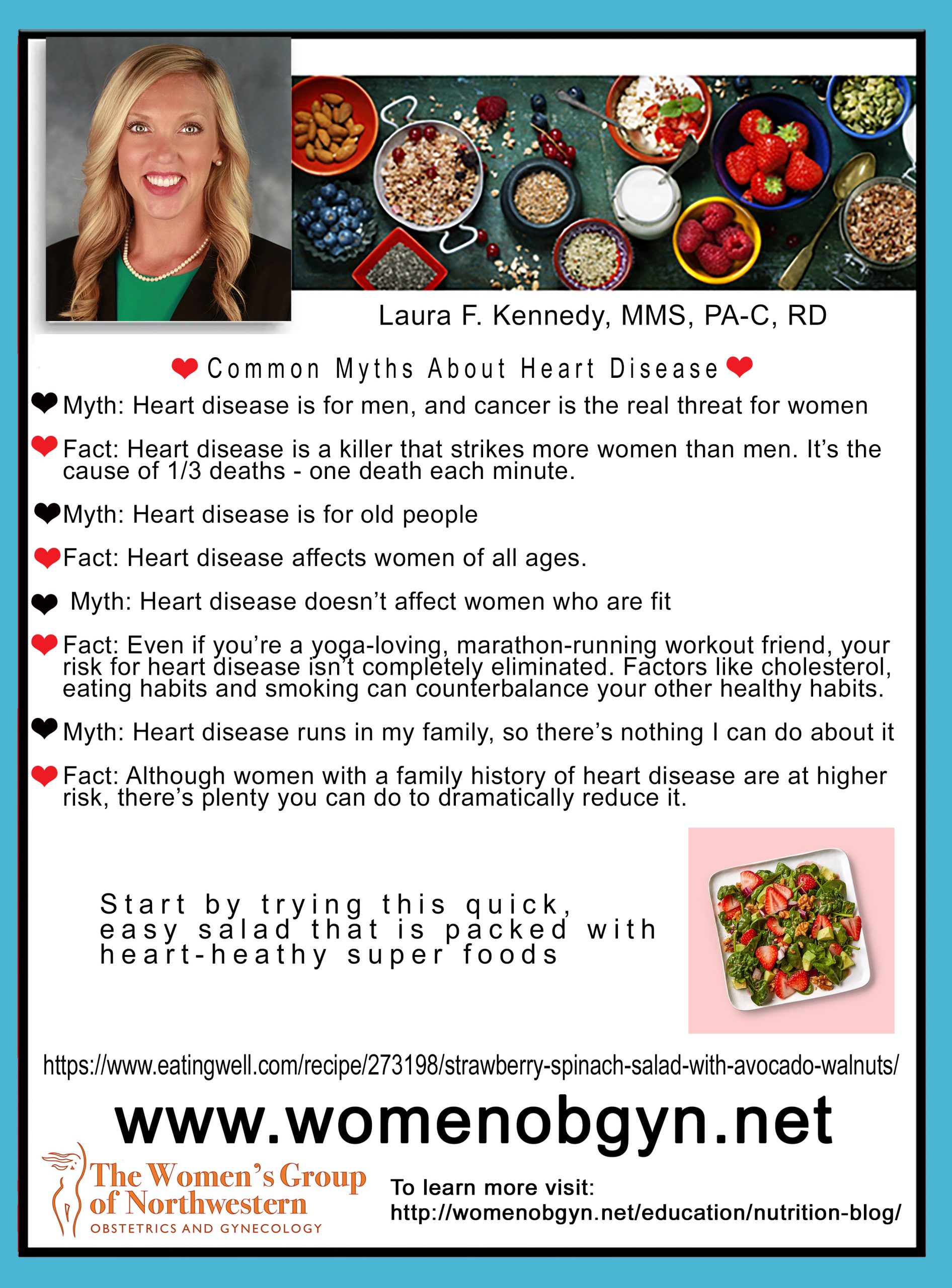
It was so amazing to watch our very own Dr. Julie Levitt in @Netflix new series Surviving Death! Proud to work alongside this lifesaving OB. Have you tuned in?
5/27/2020
Dear Patient,
We hope that you and your family have remained safe and healthy during our country’s public health crisis. In the weeks ahead, we’re excited to be able to resume treating all of our patients. When it’s safe for you to leave your home, we’ll be ready to see you again. We want to tell you about what we’re doing now and how we’re planning to reopen our office for your future appointments.
WE’RE STARTING TO SCHEDULE PROCEDURES AND ANNUAL EXAMS
If your annual exam, colposcopy, iud insertion, LEEP, biopsy, or other procedure has been postponed, we are slowly and safely integrating these appointments back into our schedules. We will be calling patients who have been rescheduled and also encourage you to reach out to us by phone or portal to schedule your appointment. We have opened up early morning, evening and Saturday hours to accommodate your needs.
WE’RE CONTINUING TO OFFER TELEMEDICINE
We will continue to be available to connect with you in a telehealth appointment. We are also performing in-office appointments for ultrasound and blood work when needed. To schedule one of these visits, please call us at 312-440-3810. Or you can send us a message via our portal telling us about your problem. TeleHealth visits are billed to your insurance and most insurance companies are waiving the co-pay due to COVID-19.
WE ARE PRIORITIZING SAFETY
This is our top priority! In order to protect both our patients and staff, we will continue to ask that you have no one accompany you to your office visits. We also ask that you bring a mask or covering for your mouth and nose for your appointment and keep it on throughout your time in our office. Unfortunately, due to shortages, we are unable to provide a mask for your use.
We are also screening all patients at the time of scheduling and at the time of your visit. The screening before you enter the office will include temperature screening. We are also spacing out visits to limit the number of patients in the office at one time.
We are requiring advanced on-line check in via our portal; please call or message us if you need assistance. While our waiting areas are re-arranged to promote social distancing, we encourage you to wait in your car or in the building lobby. Please call us when you arrive to inform us you are here, and our receptionist will then call you on your mobile phone when the doctor is ready to see you.
Our staff are also undergoing screening and temperature checks daily. Doctors and staff will be wearing masks, gloves, and protective eye wear. We will be practicing social distancing and kindly request our patients do as well. Please maintain 6 feet of distance wherever possible.
Based on the CDC’s latest recommendations, we have added extra precautions and preventive steps specific for this pandemic. There are additional sanitation methods daily, as well as sanitizing of rooms and exam tables between each patient visit.
WHAT ELSE YOU CAN DO
For now, if you don’t need to go out, stay home. Wear masks or other face covering when you do go out and maintain at least 6 feet of distance from others. If you are sick with COVID type symptoms, don’t go out! This includes coming to our office; if you are sick, please call ahead to determine how we can most safely give you optimal care.
Our appointment schedules are continuously evolving to accommodate our patient backlog. This means appointment times might expand into early mornings, evenings and Saturday mornings in the coming months.
Travel
In order to protect both our patients and staff, we have instituted a 2-week delay between recent travel and any in-office appointment. Any patient who has traveled by air in the last 2 weeks, or who has traveled by car more than 2 hours from our office, will be required to call the office to discuss a plan to reschedule their appointment or be seen via a telemedicine visit. In some cases when essential care is needed, we may make arrangements for a patient to be seen at an alternate location.
THANK YOU
We’re looking forward to seeing you either in person or via telemedicine. Thank you for your understanding during this ever-evolving situation. We are grateful that you continue to entrust us with your care.
In the NEWS… Our very own Dr. Levitt contributed to this article about preparing to have a child during a pandemic.
CHICAGO – Preparing to have a child is difficult enough, let alone during a pandemic.
For moms, it will not be the scene they expected. No family or friends will be in the waiting room expecting the little one’s arrival.
At 38-weeks pregnant, Katie Minceck is expecting her second child and a much different experience compared to her first delivery.
“The best way to explain it is mentally preparing for not being able to be prepared,” Mineck said. “if we could have picked a date in time it would not have been now to decide to have a baby so definitly apprehensive about everything that could change in the coming weeks.”
The mom and dad of Oscar know they’ll be screened once they arrive at the hospital.
From there, Northwestern OBGYN Dr. Julie Levitt said they’ll see fewer people on the unit and more protective gear. “They will notice a little bit more masking whereas before we would go in and out of delivery rooms and you would see our faces,” Levitt said.
At Northshore University Healthsystem, a maternal and fetal medicine specialist said it’s all systems go.
“We are working really hard to acknowledge the emotional piece,” Dr. Richard Silver said. “We have miracles happening in terms of delivery but then families have to face a new reality in terms of what they expect what would happen with family and friends.”
Dear Patients,
We appreciate everyone’s understanding as we navigate the new challenges presented to us.
We will only see obstetrical patients and patients with acute gynecological issues in the offices. We need to restrict patients to 1 visitor for our obstetrical patients.
Please view the visitor restriction for Northwestern here https://www.nm.org/conditions-and-care-areas/infectious-disease/covid-19.
The Covid-19 hotline for Northwestern Medicine is 312-47COVID.
We are implementing telemedicine availability and will soon contact people to schedule this kind of a visit.
Please call our office or submit a request via our patient portal to reschedule your annual exam for end of April or early May 2020.
Updated 4/16/20
To all patients of WGON,
With new developments in the coronavirus (COVID-19) pandemic unfolding on a daily basis, we feel it is important to keep you updated on our response to the pandemic and our commitment to patient care. During this time:
Your health and safety remain our top priority.
We want to assure you that the health and safety of our patients and staff are our top priority. We have made, and will continue to make, changes to our office in order to ensure it is the safest environment possible for all who must be seen in person. To that end, we have implemented the following measures for your protection:
*Limiting in-person office visits to only essential care. This includes prenatal care, prenatal ultrasounds, and urgent gynecological concerns. This list is not exhaustive, so if you are uncertain if your concerns require an in-person visit, please call us.
*Initiating telemedicine appointments when appropriate. This may include contraceptive counseling, diet/nutrition counseling, preconception counseling, infertility and Clomid counseling (though treatment will be deferred to a later date consistent with the recommendations of the American Society of Reproductive Medicine), menopause and hormone replacement therapy concerns, osteoporosis visits, breastfeeding consultations, visits to review ultrasound findings, IUD follow-up visits, and certain postoperative and postpartum visits. This list is not exhaustive, so if you are uncertain if your concerns are appropriate for telemedicine, please call us.
*Rescheduling routine office visits and follow-ups. This includes routine annual exams that do not involve additional problems/concerns. If you have an annual exam scheduled and had planned to discuss additional concerns, we can schedule a telemedicine visit to discuss those concerns and reschedule your routine annual exam. Our scheduling staff is already in the process of contacting patients to reschedule in-person visits and/or schedule telemedicine visits.
*Restricting visits in the office to patients only. In order to limit possible transmission of COVID-19, we are no longer allowing patients to be accompanied by other individuals (including partners, children, and other support persons). If you arrive with another individual, we will ask you to enter alone, or return at a different time when you can be seen alone. We realize this may be difficult, and we appreciate your understanding.
*Screening patients for COVID-19 symptoms prior to office entry. If you feel sick, we urge you to call us to discuss your symptoms before coming to our office. All those who arrive at our office will be greeted by a staff member outside our office doors who will perform a temperature check, screen for COVID-19 symptoms, known COVID-19 contact, and/or travel history. Those with a positive screen will be directed for appropriate evaluation rather than allowed in the office.
*Providing appropriate sanitation measures. Soap, water, and hand sanitizer are used by our health care professionals before/after each patient encounter, and are available for patient use in the office. Additionally, our offices undergo a deep cleaning at the end of the day, with periodic cleaning throughout the day.
*Extending refill periods for routine medications. Should you need a prescription refill, please have your pharmacy submit a refill request, request a refill via our patient portal, or call our office at 312-440-3810.
We are staying up-to-date on current recommendations for our patients and our providers.
This includes guidelines from Northwestern Medicine, the CDC, the Illinois Department of Public Health, and our OB/GYN medical societies such as ACOG (American College of Obstetricians and Gynecologists).
We are committed to keeping you informed.
We will continue to maintain updated information on our website: www.womenobgyn.net
Please continue to check this site daily for updates regarding current recommendations for patients, changes to our office workflow, and changes to Northwestern inpatient and Labor & Delivery.
We will also be sending periodic updates via e-mail to our patients.
We remain available for appointments and are continuing to see patients for prenatal care and urgent gynecological issues in our office.
For all other issues, we are now seeing patients via telemedicine appointments, which can be performed via smartphone or laptop.
If you wish to schedule an in-person or telemedicine visit, or if you are uncertain which type of visit to schedule, please call our office at 312-440-3810 and our scheduling team can assist you.
We are available to answer your questions.
We encourage you to submit questions and prescription refill requests via our online patient portal.
Additionally, our office phone lines remain open at 312-440-3810 (Downtown Chicago) and 847-291-3999 (Northbrook).
For emergencies outside of business hours (8:30 am – 4:30 pm), please call our answering service at 312-980-2788.
Thank you for continuing to trust The Women’s Group of Northwestern for your care. Keeping our commitment to serving our patients during this unfolding situation is our focus. We greatly appreciate your understanding as we navigate these new challenges.
The Women’s Group of Northwestern
CTA Now Giving Away ‘Baby On Board’ Buttons To Help Pregnant Riders
It’s tough being pregnant and having to stand as you ride a bus or train! Starting today, pregnant riders can get a free “Baby on Board” button. We hope courteous passengers will notice the button and offer them a seat.
Details at: https://www.transitchicago.com/babyonboard
The CTA will mail pregnant people a “baby on board” button so other travelers can give up their seat to the wearers.
We have the Baby on Board buttons at our Downtown location that the CTA is distributing to pregnant transit riders.
The CTA is now sending pregnant people free “baby on board” buttons in hopes it’ll help them get seats on trains and buses.
Pregnant people will be able to wear the buttons while traveling so those around them know the wearer might need a seat. CTA riders are not required to give up their seats to pregnant people, but agency said it hopes the buttons will “encourage riders to remember the importance of being courteous.”
Those interested in a CTA button can fill out a form online. The CTA will mail buttons to applicants for free, with delivery expected in six to eight weeks.
The buttons are blue with the silhouette of a pregnant person and the CTA logo. They say, “Baby on board! Could we please sit down?”
https://www.chicagotribune.com/business/transportation/ct-biz-cta-button-campaign-pregnant-passengers-20190909-2cm5h4p7mfcs5hhtplljgxkoay-story.html
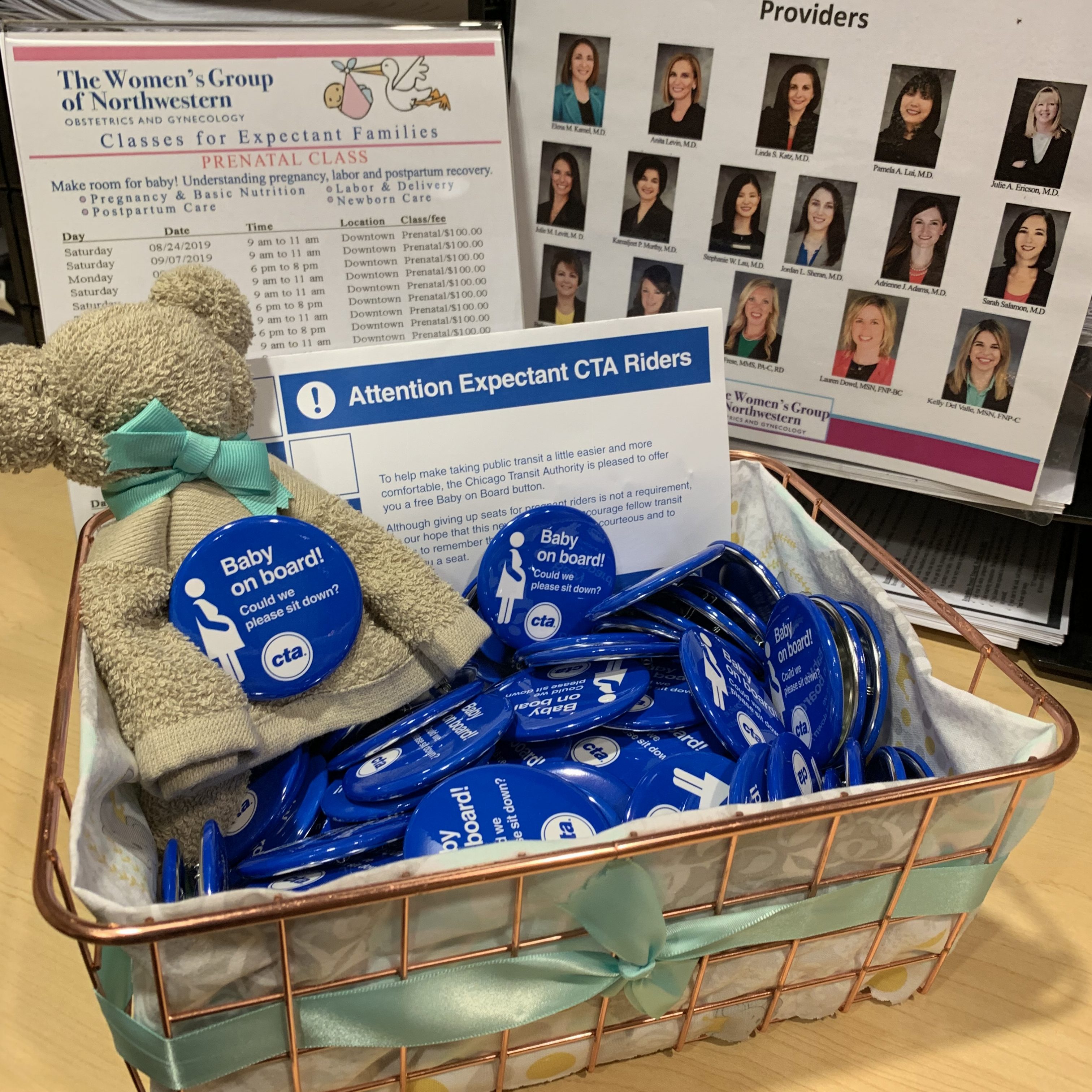

For more healthy resources visit:


Nutrition for Healthy Families
A discussion with Rebecca Unger MD and Laura Frese Kennedy, MMS, PA-C, RD
Join us for collaboration with the Northwestern Children Practice and the Women’s Group of Northwestern
Thursday July 11, 2019
1 pm – 2 pm
680 N. Lake Shore Drive, Suite 1050
Nutrition guidelines: prenatal, postnatal and family friendly
o Preconception and pregnancy nutrition tips
o Powerhouse pregnancy foods
o Foods to avoid during pregnancy
o Tips for healthy family meals and snacks
o Infant and toddler feeding patterns
Northwestern Visitor Guidelines During Flu Season
Due to the increased risk of cold and flu viruses this winter, we ask for your help to protect the health of our patients.
Dear Patients, Families and Visitors:
If you are experiencing a fever, cough, runny nose, sore throat, body aches or congestion, even
if you have been vaccinated for the flu, we ask that you take the following actions:
PATIENTS: If you are here for an appointment, let your healthcare provider know about your
symptoms and wear a mask. Masks are available at provider offices, as well flu kiosks located
throughout the hospital. Please ask a staff member if you need help finding a mask.
FAMILY and VISITORS: We ask that patients have no more than two visitors, and family or
friends do not visit a patient in the hospital or accompany a patient to an appointment until
you are symptom-free. While flu season is at its peak, we also ask that VISITORS YOUNGER
THAN AGE 18 do not visit patients in the hospital.
Finally, hand washing is one of the most effective means to prevent the spread of the cold
and flu virus.
Questions? Visit flu.nm.org for more information.
Announcing our new prenatal class schedule! Call us to reserve your spot… 312.440.3810 #chicagoobgyn #chicago #chicagoparent #chicagoprenatal #thewomensgroupofnw #magmile #chicagobaby
Our very own Dr. Julie Levitt was interviewed for an article regarding Dreaming and pregnancy for Live Science

The anxiety and physical discomforts of pregnancy can play out in dreams — or nightmares.
Credit: Shutterstock
The fractured logic and mystifying images that appear in dreams can be downright bizarre for anyone. But one of the hallmarks of pregnancy seems to be the onset of dreams that are unnervingly intense or that seem stranger than usual.
Back in May, pop singer Cardi B, who welcomed her first baby last Tuesday (July 10) — tweeted about experiencing “weird, crazy, spooky dreams,” writing in a second tweet that all of her dreams were “too vivid.” And she’s not alone. Studies have found that pregnant women reported more nightmares and more intense dreams than nonpregnant women, and that women in the last trimester of their pregnancies described more frequent nightmares during that stage than during the earlier trimesters.
What is it about pregnancy that causes troubled dreaming? Turns out, it has to do with troubled sleeping. [7 Mind-Bending Facts About Dreams]
Bring me a dream
The human sleep cycle has five stages, one of which — rapid eye movement, or REM — makes up about 25 percent of sleeping and is the stage when most dreaming occurs, according to the National Institutes of Health. When you fall asleep, you enter the first REM stage after about 70 to 90 minutes, and REM sleep occurs several times during the night as your sleep cycle repeats.
As you dream, your brain is actively sorting through recent experiences and emotions, and dreaming is thought to play a role in memory consolidation and processing new information, Dr. Ryan Donald, a physician and assistant professor of sleep medicine at The Ohio State University Wexner Medical Center, told Live Science.
But if a person’s sleep cycle is broken and they wake up during a REM stage, they would be more likely to vividly recall what they’re dreaming — and pregnant women often experience disturbed sleep at different pregnancy stages, according to Dr. Julie Levitt, an OB-GYN and clinical instructor at Northwestern Medicine in Chicago.
“Rising progesterone levels in the first trimester can trigger insomnia — that’s fairly common,” Levitt told Live Science. That usually abates at 12 to 16 weeks into the pregnancy, but the onset of the third trimester, about 28 weeks and beyond, brings increasing physical discomfort that can disrupt nighttime rest, she explained.
“Quality of sleep is the poorest right before you’re about to deliver the baby,” Levitt said. “You have to get up to pee at night, or you might snore, or have sleep apnea.” (People with sleep apnea experience very shallow breathing or pauses in breathing while they’re asleep.)
Restless legs syndrome, a disorder that causes an intense urge to move the legs, can also manifest during pregnancy and interrupt much-needed sleep, Donald added. Frequent sleep disruption increases the likelihood of waking up during the REM stage of the sleep cycle, which makes dreams seem more immediate, intense and memorable, Donald said.
“Lower sleep quality, shorter sleep duration, more interruptions during sleep: These all can increase the likelihood of remembering dreams,” he said. [Is ‘Pregnancy Brain’ Real?]
A dream to some, a nightmare to others
Pregnant women also report more frequent nightmares, many of which have to do with childbirth or danger to the newborn baby, according to a study published in November 2016 in the journal BMC Pregnancy and Childbirth. Researchers surveyed 406 pregnant women, ages 17 to 44, and found that they reported nightmares more than twice as often as women who were not pregnant, and that those nightmares were often baby-related.
Pregnancy, particularly the third trimester, is a period of heightened stress; perhaps increased daytime stress for pregnant women could explain why nightmares are more frequent during pregnancy, the scientists wrote.
Another study, published in June 2014 in the journal Sleep Medicine, surveyed 57 pregnant women who were in the last trimester of their pregnancies; 32 percent described having weekly nightmares, and 21 percent reported more than one nightmare per week.
Levitt experienced nightmarish dreaming firsthand during her own pregnancy, when she dreamed that she gave birth to a litter of puppies, she told Live Science.
“You have these dreams, and you’re like, ‘What in the world? Where did that come from?'” Levitt said. “I think it’s based on things people might worry about on a day-to-day basis. A lot of the daytime fears that we walk around with tend to reveal themselves in dreams at night.”
Original article on Live Science.
https://www.livescience.com/63069-why-weird-dreams-pregnancy.html
A big thank you to everyone that donated to the Medical Supplies Drive. We wanted to share a video of the delivery of supplies to Puerto Rico. Together we made a huge difference in many lives.
“Try to be a rainbow in someone’s cloud”. Maya Angelou
Printable Puerto Rico hurricane relief flyer
We are excited to announce new dates for The Women’s Group of Northwestern prenatal classes! Our prenatal classes will cover topics such as Pregnancy & Basic Nutrition, Labor & Delivery, Postpartum Care & Breastfeeding and Newborn Care. Future classes will be held in the evenings and weekends on certain dates in July, August, and September. Call our office at 312.440.3810 to register. We hope that you will be able attend. Thank you very much and we look forward to seeing you at your next visit.























